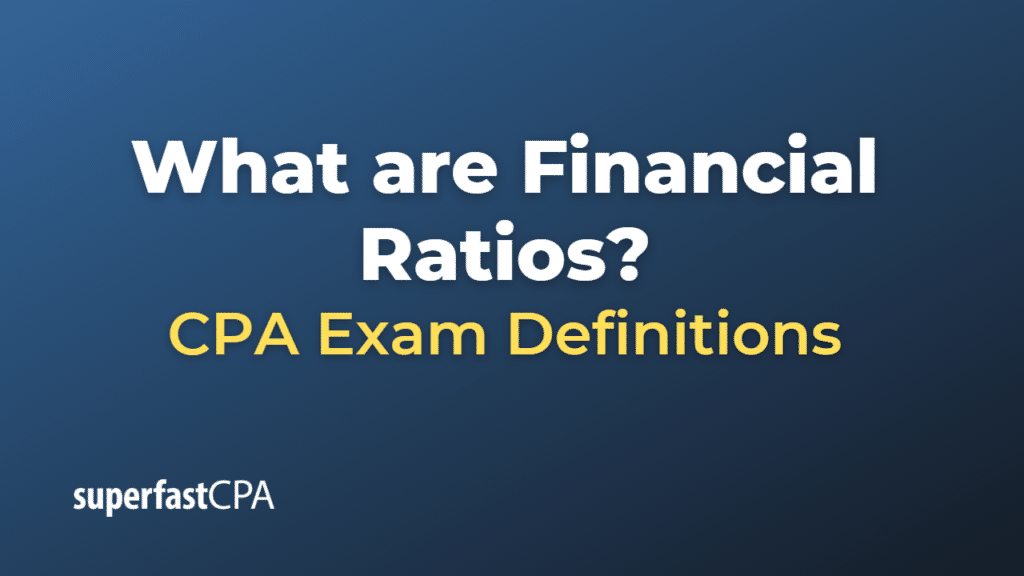Financial Records
Financial records are documents and digital data that track the financial activities and transactions of an individual or a business. They are essential for several reasons, including maintaining accountability, ensuring legal compliance, supporting financial decisions, and aiding in the preparation of financial reports.
Here are examples of key financial records:
- Income Statements: Also known as profit and loss statements, income statements show the revenues, expenses, and profits or losses of a business over a specific period.
- Balance Sheets: These provide a snapshot of a company’s financial situation at a particular moment, showing assets, liabilities, and shareholders’ equity.
- Cash Flow Statements: These detail the cash that’s coming into and going out of a business during a specific period, separated into operations, investing, and financing activities.
- Bank Statements: These are issued by the bank and show all transactions in a bank account, including deposits, withdrawals, fees, and interest earned.
- Tax Returns: Businesses are required to file these annually to report their income to the government, pay any taxes owed, and claim deductions and credits.
- Receipts and Invoices: These document sales transactions, showing what goods or services were sold, how much they cost, and when the transaction took place.
- Payroll Records: These track each employee’s hours worked, wages or salary, deductions, and net pay.
- Asset Records: These show the assets owned by the business, such as real estate, equipment, patents, and trademarks.
- Debt Records: These track any debts the business owes, including loans, credit lines, and accounts payable.
- Equity Records: For companies with shareholders, these documents track the ownership interests in the business.
In many countries, businesses are legally required to maintain certain financial records for a set period, often several years. Good record-keeping helps to ensure financial transparency and accountability and makes it easier to prepare financial statements, file tax returns, and conduct audits.
Example of Financial Records
Let’s consider a small business named “Example Corp.” as an illustration. Below are examples of some of the financial records they might keep:
- Income Statement for 2023:
- Revenues: $500,000
- Expenses: $350,000
- Net Income: $150,000 (revenues minus expenses)
- Balance Sheet as of December 31, 2023:
- Assets: $750,000 (including cash, accounts receivable, inventory, property, plant, and equipment)
- Liabilities: $300,000 (including accounts payable, accrued expenses, and loans)
- Shareholder’s Equity: $450,000 (assets minus liabilities)
- Cash Flow Statement for 2023:
- Cash from Operating Activities: $180,000
- Cash used in Investing Activities: -$50,000
- Cash used in Financing Activities: -$30,000
- Net Increase in Cash: $100,000
- Bank Statement for December 2023:
- Beginning Balance: $80,000
- Deposits: $50,000
- Withdrawals and payments: $20,000
- Ending Balance: $110,000 (beginning balance plus deposits minus withdrawals)
- 2023 Tax Return:
- Taxable Income: $150,000
- Total Tax Due: $45,000
- Taxes Paid: $45,000
- Receipts and Invoices:
- A receipt for the purchase of office supplies costing $200.
- An invoice sent to a customer for a product sale totaling $5,000.
- Payroll Records for December 2023:
- Total Hours Worked: 160 hours
- Gross Pay: $4,000
- Deductions: $1,000
- Net Pay: $3,000
These records serve different purposes, such as documenting transactions, tracking financial performance, reporting to tax authorities, and providing information to investors or creditors. Properly keeping these financial records is crucial for “Example Corp.” to manage its finances effectively and meet its legal obligations.













